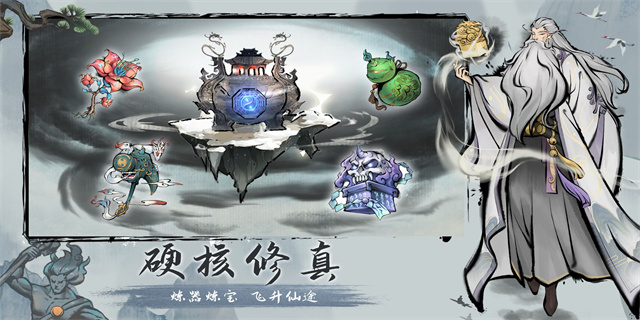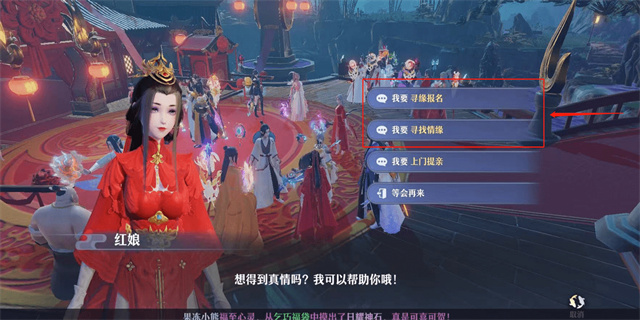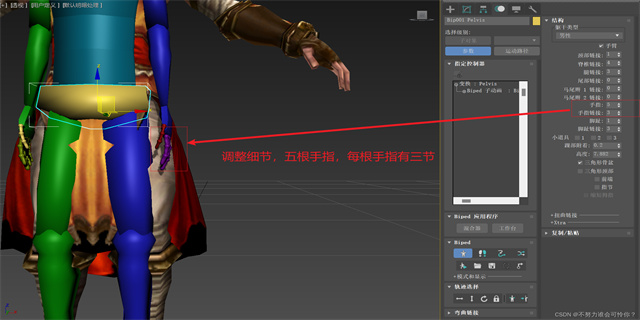Perceiving the World: Unlocking the Power of Perception
Introduction: The Importance of Perception
Perception is an innate ability that humans possess, enabling us to interpret and make sense of the world around us. It is a fundamental aspect of our existence, shaping our thoughts, beliefs, and actions. Our perception is influenced by our senses, experiences, cultural background, and cognitive processes. In this article, we will explore the role of perception in our everyday lives, how it affects our interactions with others, and the power of perception in shaping our reality.

Section 1: The Complexity of Perception
Subheading 1: Sensory Perception

Our sensory organs play a vital role in how we perceive and understand the world. Sight, hearing, taste, smell, and touch are the main senses that provide us with information about the environment. These sensory perceptions are then processed by our brains, allowing us to create a mental representation of the world. However, it is important to note that our senses can be easily influenced and deceived, leading to perceptual illusions or biases. For example, optical illusions demonstrate how our visual perception can be altered by certain patterns or contexts.
Subheading 2: Perceptual Filters
Another important aspect of perception is the concept of perceptual filters. These filters are created by our experiences, beliefs, and cultural background, and they shape the way we interpret and understand the world. Our past experiences and personal biases act as filters through which we perceive reality. For instance, a person who has had negative experiences with dogs may perceive all dogs as dangerous, while someone with positive experiences may perceive them as friendly. Understanding that our perception is filtered allows us to actively challenge our assumptions and biases, enabling a more accurate understanding of others and the world around us.
Section 2: The Power of Perception in Interactions
Subheading 1: Interpersonal Perception
Perception plays a crucial role in our interactions with others. How we perceive others and how we believe others perceive us greatly influences our behavior and communication. Our perception of someone's gestures, facial expressions, and tone of voice can shape our understanding of their emotions and intentions. This can affect our ability to build meaningful relationships and resolve conflicts effectively. By being aware of our own and others' perceptual filters, we can cultivate empathy and understanding, leading to more authentic and harmonious relationships.
Subheading 2: Cultural Perception
Culture profoundly influences perception. Each culture has its own set of beliefs, values, and norms, which in turn shape how individuals from that culture perceive and understand the world. For example, in some cultures, direct eye contact is seen as a sign of respect and attentiveness, whereas in others, it may be considered rude or confrontational. Recognizing and appreciating cultural differences in perception can help bridge gaps and foster inclusive and diverse communities.
Section 3: Expanding Our Perception
Subheading 1: Recognizing Cognitive Biases
Humans are prone to cognitive biases, which are systematic errors in thinking that can affect our perception and decision-making. These biases can limit our understanding of complex issues and prevent us from considering alternative viewpoints. By recognizing common biases such as confirmation bias, where we seek out information that supports our existing beliefs, we can actively work to overcome them and broaden our perspective.
Subheading 2: Enhancing Perception through Mindfulness
Mindfulness practices can help us become more aware of our thoughts and perceptions in the present moment. By cultivating a state of nonjudgmental awareness, we can observe our biases and assumptions without becoming fully identified with them. This allows us to perceive the world more accurately and fully, and to develop a deeper understanding of ourselves and others.
Conclusion: The Power of Perception
Perception is a dynamic and complex process that influences every aspect of our lives. By understanding the intricacies of perception, we can break free from limiting beliefs and biases, fostering more authentic connections and a deeper appreciation for the diversity of human experience. Embracing the power of perception allows us to unlock new possibilities and enrich our understanding of the world and ourselves.



























